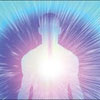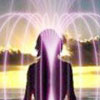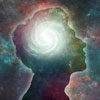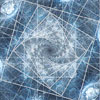The Limits Of Science Concerning The Reality Of Consciousness
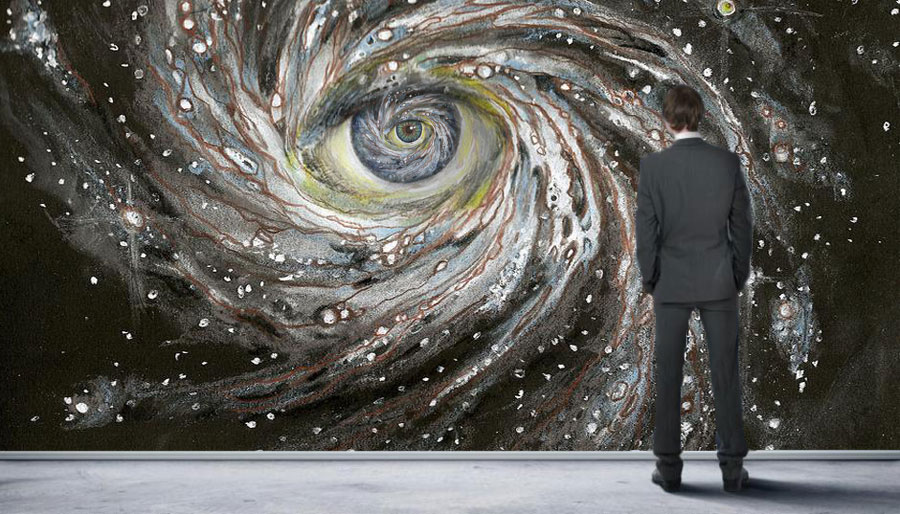 by Science And Non-Duality (SAND)
by Science And Non-Duality (SAND)
Quarks in an atom; molecules in a liquid; proteins in a cell; cells in an organism; neurons in a brain; people in a city; grains of sand in a dune; snowflakes in an avalanche; stars in a galaxy: when the many parts of a system interact, behaviors appear in the whole system that weren’t present in the parts themselves. These surprising “emergent” behaviors are what our universe appears to be made of, from the Big Bang, to the unfathomable complexity of Life, to the unimaginable future yet to come.
Biology isn’t applied chemistry. Psychology isn’t applied biology. Every scale, every level of abstraction brings its own universe of phenomena, complexity, questions, hypotheses, exploration and experimentation. The whole is not only greater than the sum of its parts, it is fundamentally different. Analysis and reductionism can only provide limited insights, but never capture the essence of the indescribable. ~ SAND
The Reality of Consciousness, Peter Russell
Wave-particle duality, the uncertainty principle, the collapse of the wave function, and entanglement all point to awareness being an intrinsic aspect of reality. Yet we are still trying to understand them in terms of a world view that believes the real world to be that of space, time, and matter, and relegates consciousness to some artifact of brain processes.
Yet the one thing of which we are certain is that we are aware. And it is the one thing the current worldview cannot account for. is profound anomaly will ultimately lead to the full paradigm shift to which contemporary physics is, unwittingly, pointing.
Consciousness and Modern Physics: The Limits of Science, Steve Pollaine
Consciousness is either an emergent property based on the brain, a fundamental feature of the universe related to quantum mechanics and entanglement, or is something more fundamental than the physical world. What does the evidence show? If we examine children who remember previous lives and provide details that have been corroborated, accounts of near death experiences, mediums who speak with spirits, the experience of ghost hunters, shamanic practitioners, and the perceptions of enlightened masters, then the simplest conclusion is that our consciousness survives physical death, and existed before birth. If true, this means that our consciousness is not dependent upon a physical brain, and in fact is not dependent at all on the physical world. This implies that consciousness is more fundamental than any physical manifestation, and thus can’t be described in terms of quantum mechanical wave functions, the zero point field, entangled particles, or any other entity subject to the equations of physics.
Posted in Science For The New Agewith comments disabled.


